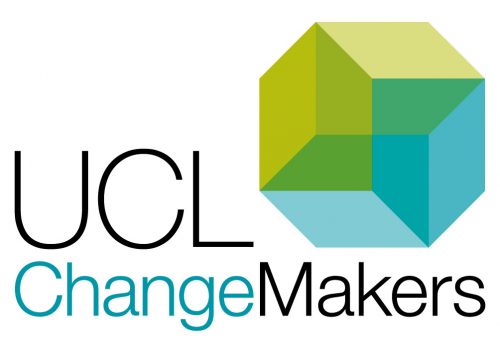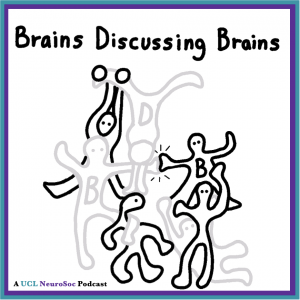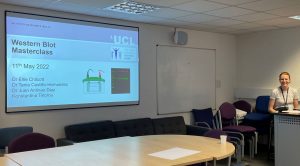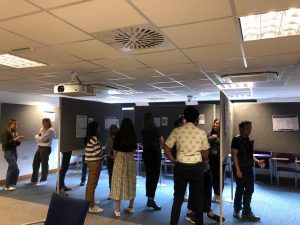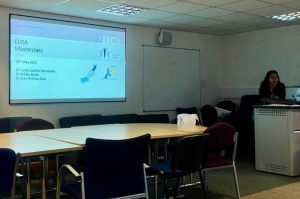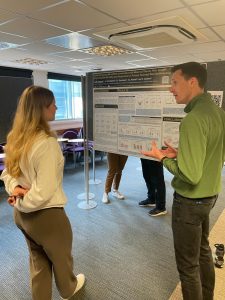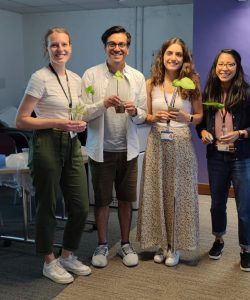The team
Dr Jayne Kavanagh, Dr Santino Coduri-Fulford, Dr Marchesa Ataide-Da Costa.
Department
UCL Medical School
What happened?
A toolkit to help medical educators make their teaching resources and sessions more LGBTQ+ inclusive.
What advice or encouragement would you give to someone thinking of doing a ChangeMakers project?
Factor in feedback and the time needed for this.
